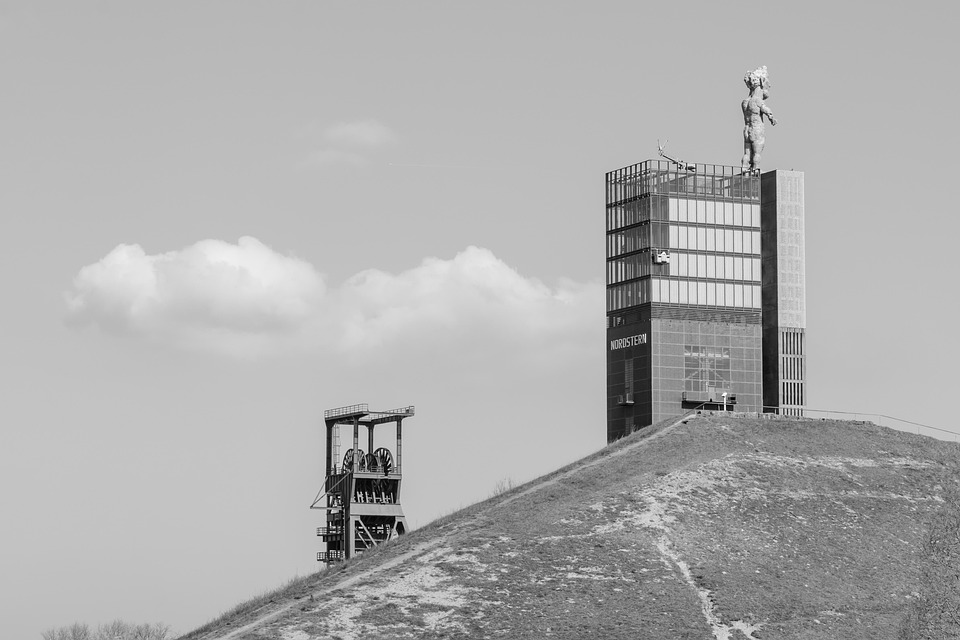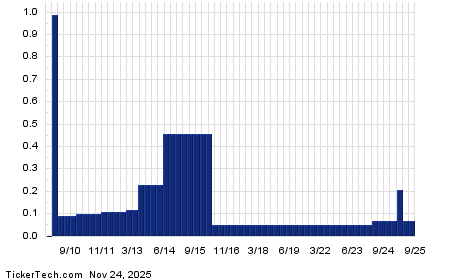Local Communities Struggle Amidst Toxicity
Residents living near Congo’s copper and cobalt mines are facing dire consequences from water contamination. Skin ailments are prevalent, with particular concern for the health of children.
Severe Economic Hardships and Health Challenges
A staggering 99% of respondents reported reduced crop yields due to water pollution, leading to significant economic challenges. This has forced 59% to limit their food consumption to one meal per day and withdraw children from school due to financial constraints. Furthermore, 75% of individuals stated they could no longer afford healthcare or medicine.

Advocates Call for Responsible Practices
Emmanuel Umpula from African Resources Watch highlighted the disparity between the global demand for Congo’s cobalt to achieve net-zero targets and the suffering of local Congolese communities. Anneke Van Woudenberg of RAID stressed the urgency of clean cobalt sourcing and urged electric vehicle companies to demand accountability from their suppliers.
Mining Activities Impacting the Environment
Congo’s copper and cobalt mines utilize significant amounts of acid in their ore processing. Despite regulations to prevent water contamination, the toxic wastewater from mining activities is still affecting groundwater and local rivers.
Industry Responses and Commitments
Major mining companies like Glencore Plc, Eurasian Resources Group (ERG), Zijin Mining Group, and CMOC Group acknowledged past pollution from mining activities. They have implemented measures to mitigate risks, including water quality monitoring and environmental compliance.
Glencore emphasized its adherence to Congolese regulations and international best practices in monitoring water quality. CMOC reiterated its commitment to environmental laws and routine monitoring of water sources.
ERG stated that its operations don’t discharge into rivers, with monitoring indicating no pollution. Zijin highlighted its water quality testing practices and efforts to prevent the seepage of harmful wastewater.










